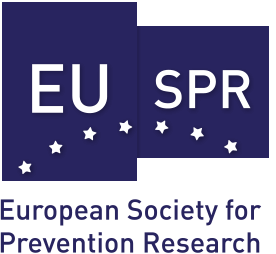Fourth EUSPR Conference Presentations – 2013 Paris
The conference presentations can be downloaded at the following links by EUSPR Members and conference attendees: Conference speaker presentationsConference poster presentations The workshop presentations can be downloaded at the following link by EUSPR Members, SPAN Members and pre-conference workshop attendees: Workshop presentations
